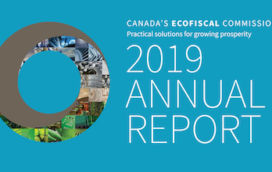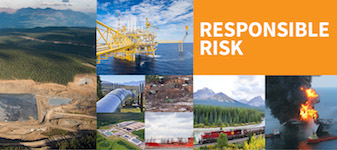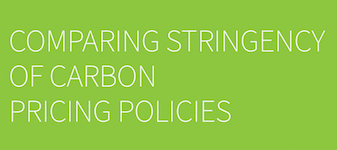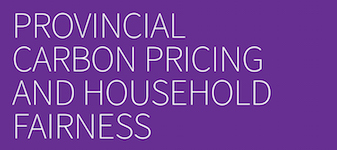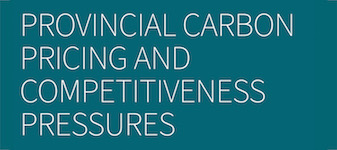Climate and Energy
Why Do We Need Carbon Pricing Policies?
Global climate change is already taking a toll on Canada’s economy. At the same time, low-carbon energy production is an important economic opportunity that we shouldn’t miss. Carbon pricing is a necessary policy approach for lowering greenhouse gas emissions while encouraging low-carbon innovation. Delving into the evolving carbon-pricing landscape in Canada and beyond, the Commission examines key policy issues such as the challenge of business competitiveness, options for revenue recycling, and how to link different provincial carbon pricing policies.
Understanding the Impact of Energy Subsidies
Our work also includes taking a critical look at existing energy subsidies, many of which are environmentally harmful, fiscally wasteful, or both. Biofuel subsidies for ethanol, for example, may actually increase greenhouse gas emissions, while also representing large public expenditures. Fossil-fuel subsidies also create perverse environmental and economic impacts. The underlying question here is: what policies can best help Canada transition to a more productive, lower-carbon economy that includes the scaling up of renewable energy?
Recent Posts
Climate and Energy Research
A climate change plan without a price on carbon is like a house without a foundation. Sure, it can do the job, but you’ll take on a lot of unnecessary costs. Pollution pricing works. It’s working around the world. It’s working here in Canada.
Read the EssayMyths and misleading statements continue to damage the debate over carbon pricing. This report is a resource for Canadians who want to learn what the evidence says about carbon pricing and its impacts on emissions, the economy, affordability, and jobs.
Read the EssayWe cannot eliminate the risk of environmental disasters, but we can do more to manage it. Putting a price on environmental risk is key to doing so. This report looks at how we can take more responsible risks.
Read the ReportWe’ve come a long way in Canada. We have real, working examples of carbon pricing. This essay unpacks carbon taxes and cap-and-trade systems in (mostly) jargon-free language. Just the facts.
Read the EssayThis report presents a framework to identify climate policies that can support carbon pricing. Three rationales are presented for complementary policies: gap-fillers, signal-boosters and benefit-expanders.
Read the PaperWe assess the economic and environmental case for biofuel policies in Canada and examine the extent to which biofuel policies have achieved their stated objectives.
Read the PaperMore stringent carbon pricing policy leads to greater emissions reductions. This report seeks to provide governments with a common, consistent framework for comparing the stringency of provincial carbon pricing.
Read the PaperCarbon pricing can generate revenue for provincial governments. How this revenue is recycled back into the economy affects both economic and environmental objectives. So, provinces need to choose wisely.
Read the PaperHousehold fairness concerns can be successfully addressed through revenue recycling. As a result, fairness concerns should not be an obstacle to implementing carbon pricing.
Read the PaperIn Canada, only a small number of industries, representing a small share of our economy, would face competitiveness concerns resulting from comparatively higher carbon prices.
Read the PaperThis brief outlines four fundamental principles of good cap-and-trade design. It offers a practical roadmap and specific recommendations to Ontario as the province moves toward developing its policy.
Read the PaperA practical and cost-effective way forward for pan-Canadian GHG emissions reductions is through provincial carbon pricing. Recommendations include key considerations for carbon pricing policy design.
Summary Read the Report
More Good Sources of Research on Carbon Pricing and Energy Subsidies


